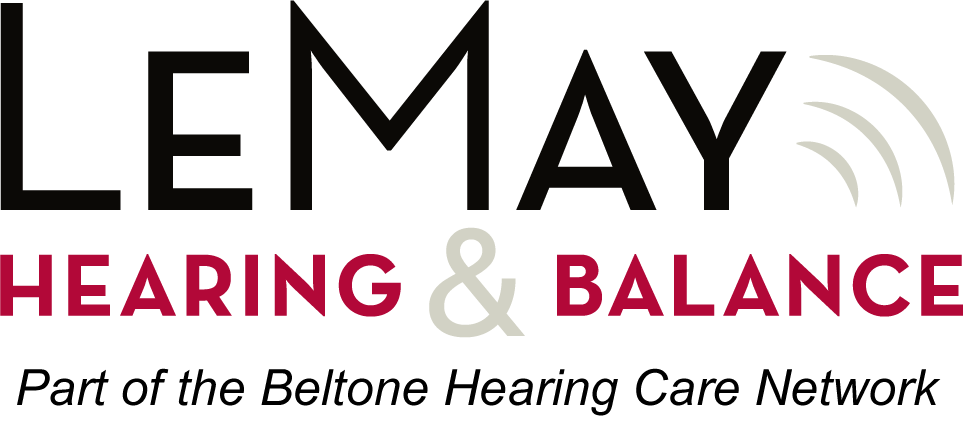Understand the Benefits of Cochlear Implants and What to Expect at Your Evaluation
Do you find yourself straining to hear or missing out on conversations, even with hearing aids? With certain types of hearing loss, sound amplification alone may not be enough to reconnect you to the world around you. Sound clarity is another essential component of speech comprehension, and a cochlear implant can help enhance not only the volume but the quality of sounds around you.
What is a Cochlear Implant?
A cochlear implant is a small, powerful device that can significantly increase sound clarity for people with severe-to-profound hearing loss. The device features an external piece that sits behind the ear and an internal piece that is surgically implanted beneath the skin.
Externally, cochlear implants use a microphone and speech processor to pick up relevant sounds from the environment. A transmitter converts those sounds into electrical impulses which are then collected by the internal piece of the device. Finally, the internal piece sends the impulses to the auditory nerve for processing in the brain.
While hearing aids work to amplify sounds, cochlear implants help enhance sound clarity by sending signals directly to the brain. These devices are often recommended for severe hearing loss, deaf patients or people who struggle with sound or speech comprehension in noisy environments.
What to Expect at a Cochlear Evaluation
Evaluations help your provider determine the best course of action for your unique type of hearing loss. For cochlear implants, the process begins with tests that check your hearing health and speech comprehension levels. Your balance may also be tested if deemed necessary by your provider.
If you already wear hearing aids, your provider may want to run additional tests to see if another type of hearing aid could deliver better results. If other types of hearing aid technology are ruled out, other criteria for cochlear implants typically include:
- Significant or high-frequency sensorineural hearing loss
- No underlying health issues that could impact implantation
- A realistic understanding of what cochlear implants may or may not address.
What is Cochlear Implant Mapping?
The goal of a mapping appointment is to ensure your implant delivers the best hearing experience possible. Generally, your provider will activate your device four to six weeks after implantation. During a mapping appointment, your provider will optimize your device to your hearing needs, making adjustments based on a series of tests. Speech perception testing is often conducted after mapping to ensure the new settings are working well.
The mapping process relies heavily on your responses to deliver the best results, so it’s important to come to your appointment well-rested and equipped with any notes, observations or questions about your hearing experience since implantation. You should also bring any implant accessories needed for your device.
Results will vary depending on a variety of factors, such as age and severity of hearing loss. If you need adjustments as you wear your device, your provider will be happy to assist you with follow-up mapping appointments.
